Shop the Reconciled Week Collection
National Reconciliation Week
When we talk about National Reconciliation Week it is important to keep in mind what reconciliation means.
Reconciliation
- a situation in which two people or groups of people become friendly again after they have argued
- the process of making two opposite beliefs, ideas, or situations agree
Both these meanings provide important context when we consider reconciliation in Australia. Historically Aboriginal and Torres Strait Islander and mainstream Australia have been divided and as a nation we do need to find agreement after a contentious history.
Reconciliation is a national effort; it is a journey for all Australians. At the heart of this journey is relationships, reconciliation is about understanding and connection between the broader Australian community and Aboriginal and Torres Strait Islander peoples.
We all have a role to play when it comes to reconciliation, and in playing our part we collectively build relationships and communities that value Aboriginal and Torres Strait Islander peoples, histories, cultures, and futures. National Reconciliation Week is a time for all Australians to learn about our shared histories, cultures, and achievements, and to explore how each of us can contribute to achieving reconciliation in Australia.
The History of National Reconciliation Week
The dates for National Reconciliation Week are the same each year; 27 May to 3 June. These dates commemorate two significant milestones in Australia’s reconciliation journey— the successful 1967 referendum, and the High Court Mabo decision respectively.
On 27 May 1967 Australia’s most successful referendum to date saw more than 90 per cent of Australians vote to give the Australian Government power to make laws for Aboriginal and Torres Strait Islander people and recognise them in the Census. And 3 June 1992, the Australian High Court delivered the Mabo decision, the culmination of Eddie Koiki Mabo’s challenge to the legal fiction of ‘terra nullius’ (land belonging to no one) and leading to the legal recognition of Aboriginal and Torres Strait Islander peoples as the Traditional Owners and Custodians of lands. This decision paved the way for Native Title.
National Reconciliation Week began as the Week of Prayer for Reconciliation in 1993 (the International Year of the World’s Indigenous Peoples) and was supported by Australia’s major faith communities. The Council for Aboriginal Reconciliation was created by the Australian Parliament under the Council for Aboriginal Reconciliation Act 1991 and was funded with a sunset clause till 2001. In 1996, the Council for Aboriginal Reconciliation launched Australia’s first National Reconciliation Week.
As a result of the Council for Aboriginal Reconciliation sunset clause; Reconciliation Australia was established in 2001 to continue to provide national leadership on reconciliation. In the same year, approximately 300,000 people walked across Sydney Harbour Bridge as part of National Reconciliation Week-and subsequently across bridges in cities and towns-to show their support for reconciliation.
National Reconciliation Week Now
Today, National Reconciliation Week is celebrated in workplaces, schools, community organisations and groups, and by individuals Australia-wide.
It is also important to note the day before the start of Reconciliation Week, 26 May, is National Sorry Day, first held in Sydney in 1998 and now commemorated annually to honour the Stolen Generations.
This National Reconciliation Week everyone is encouraged to ‘Be the Voice of a Generation.’ This week and over the coming months we invite you to join Welcome to Country in saying ‘Yes’ and truly recognise Aboriginal and/ or Torres Strait Islander in the Constitution. We support an Aboriginal and/ or Torres Strait Islander Voice, enabling First Nations’ communities to have a direct line of communication with the Government.This historic vote will give all Australians the chance to come together and consider a change to our constitution that will honour and celebrate the rights, history, and ongoing relationship of First Nations Australians and this land. It is a positive step towards reconciliation and the long journey towards a more equitable society. We celebrate this rare chance to make a major positive impact now and for future generations.
Shop the Reconciled Week Collection


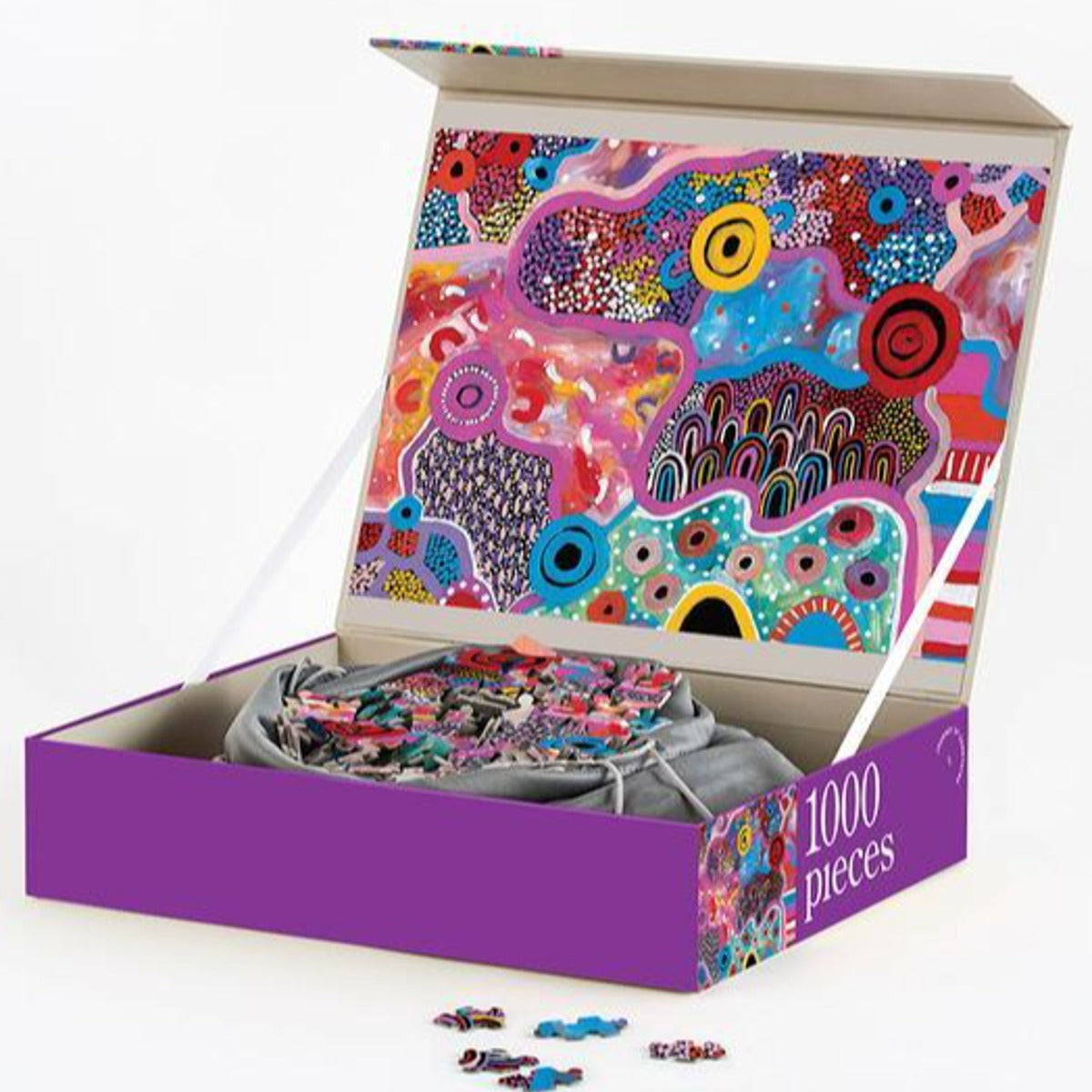
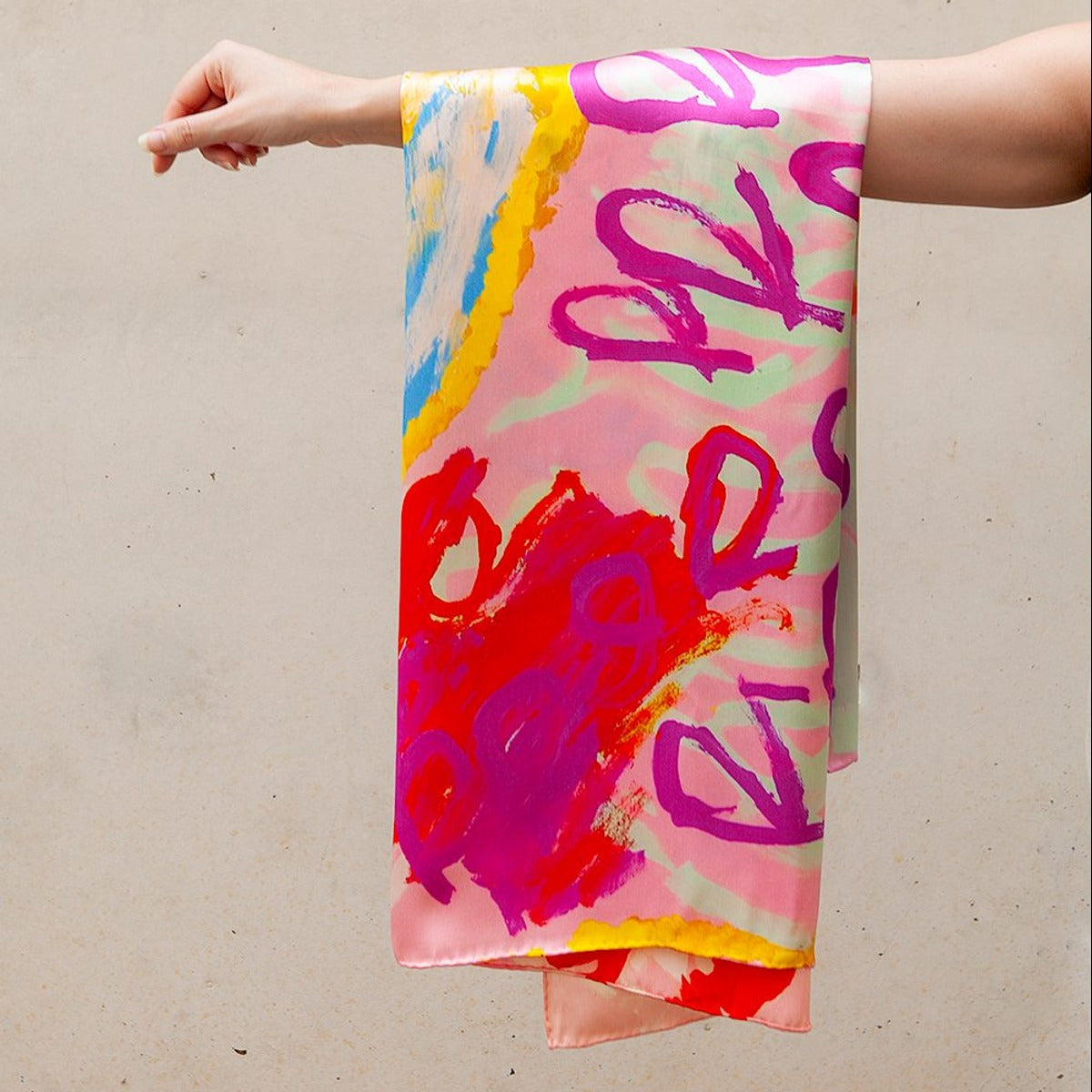
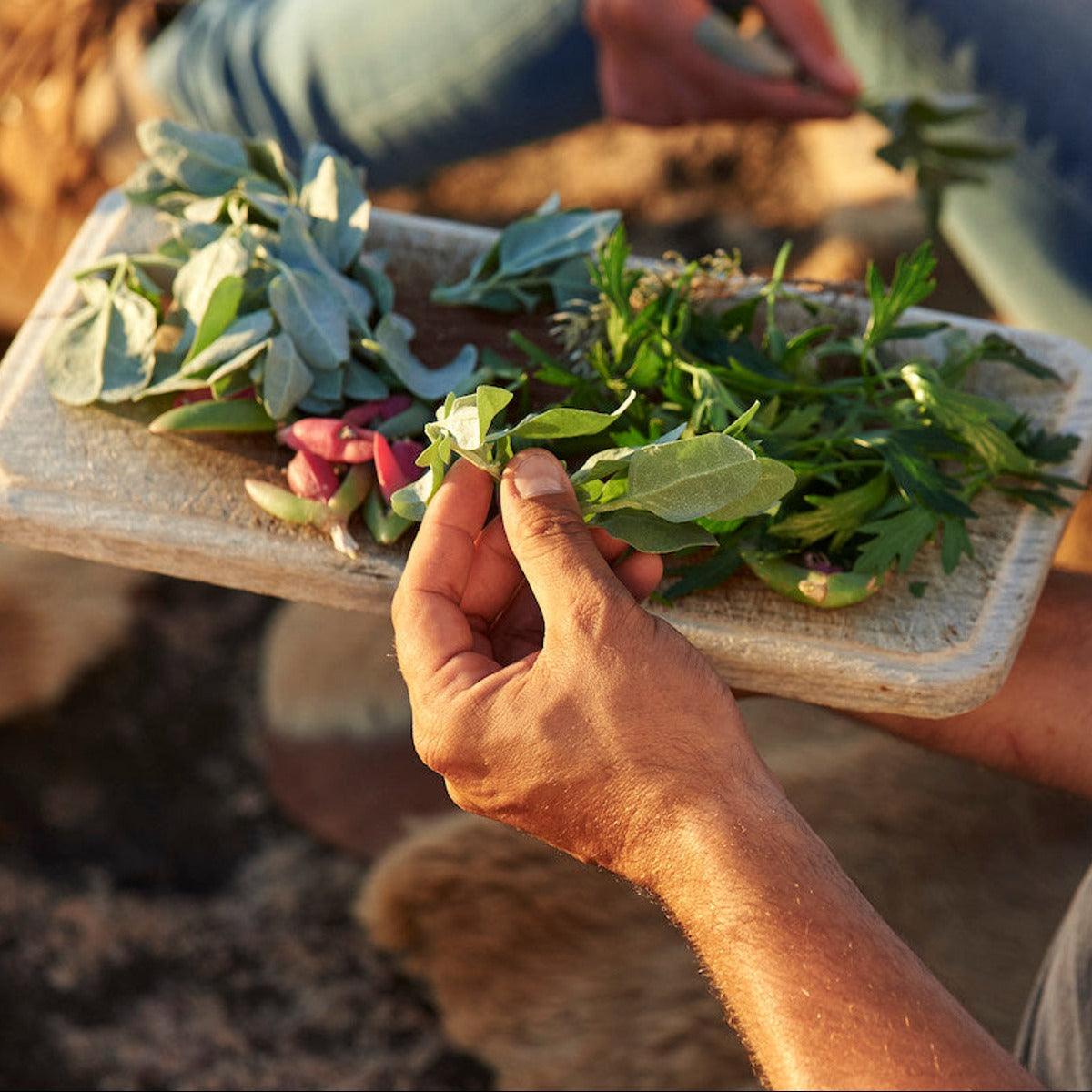

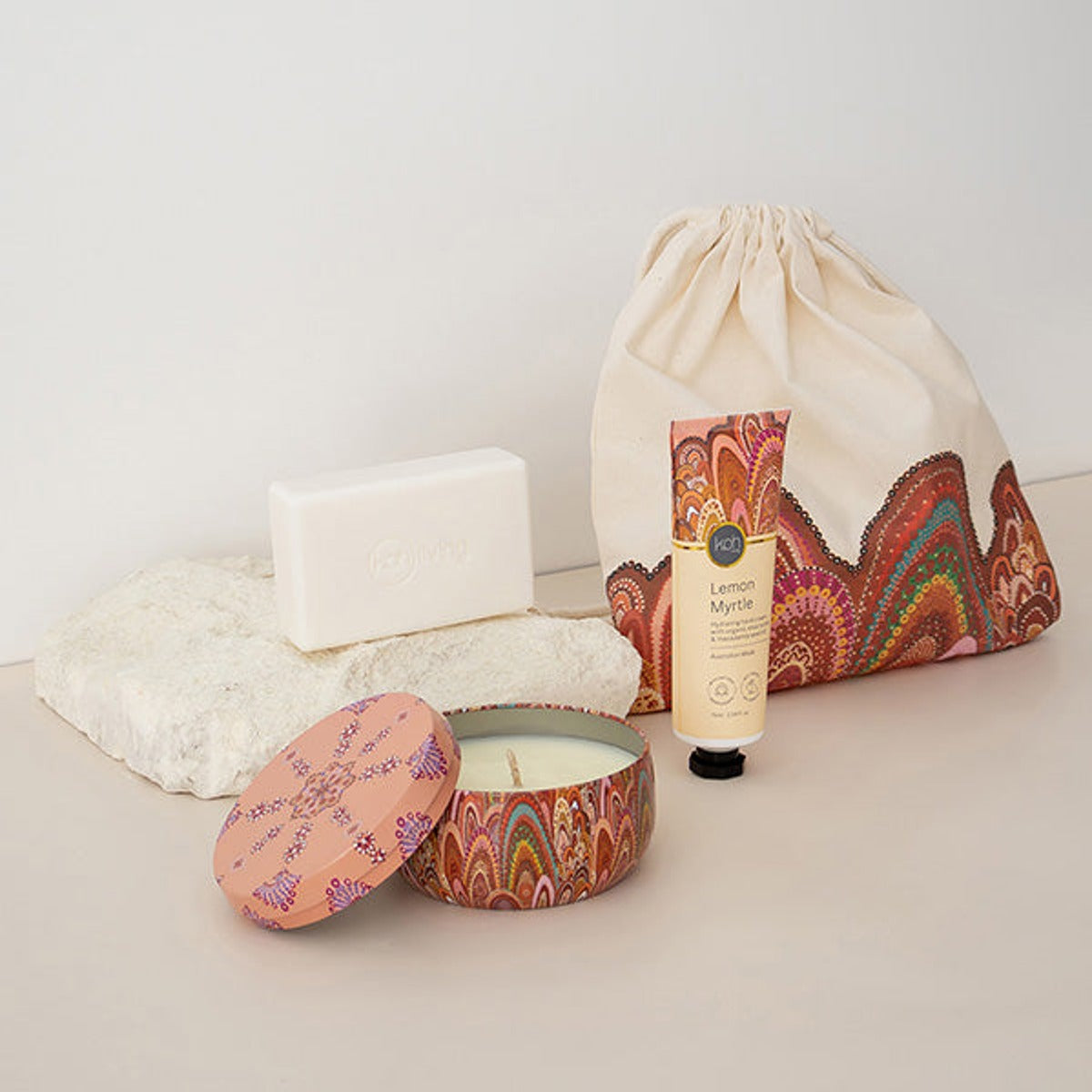

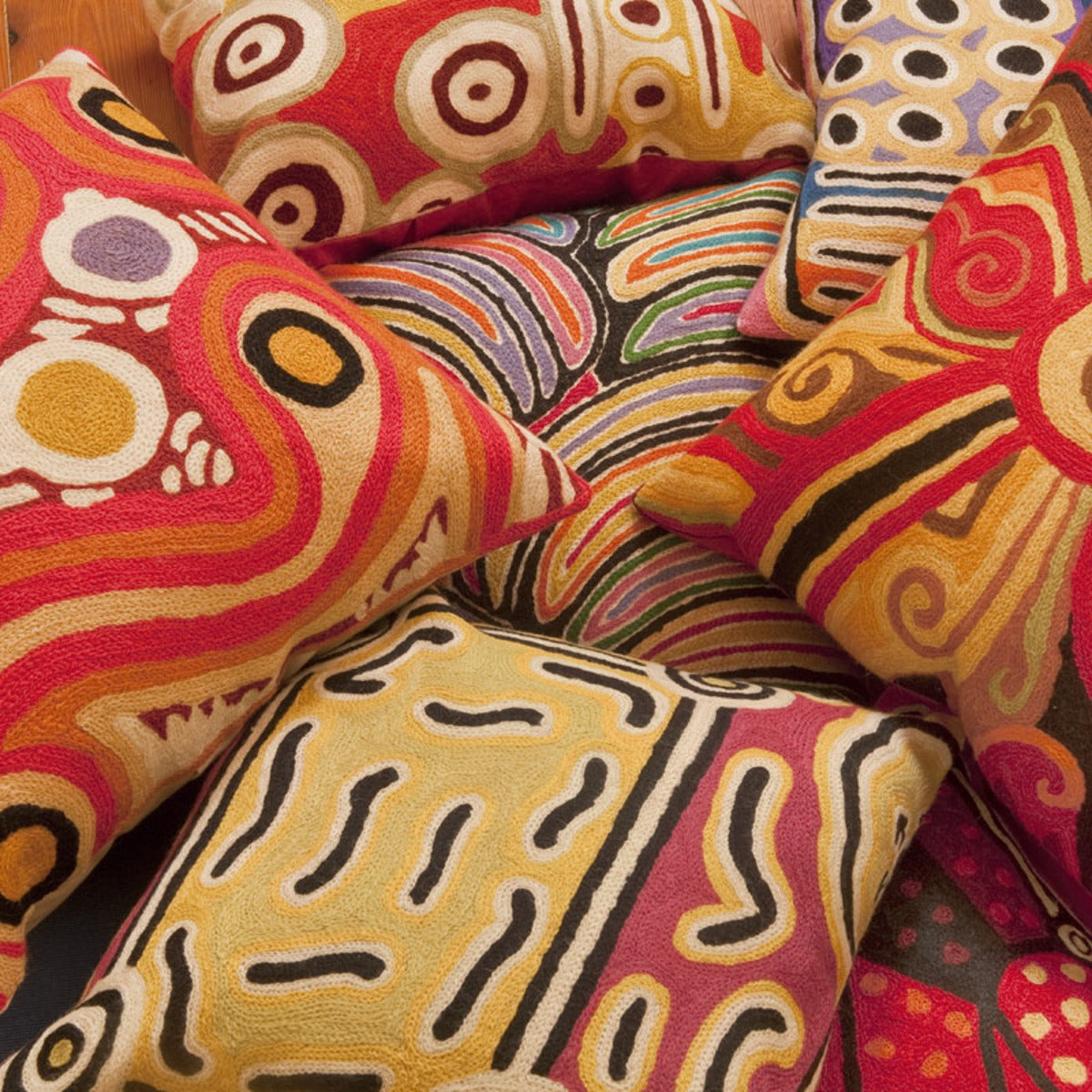
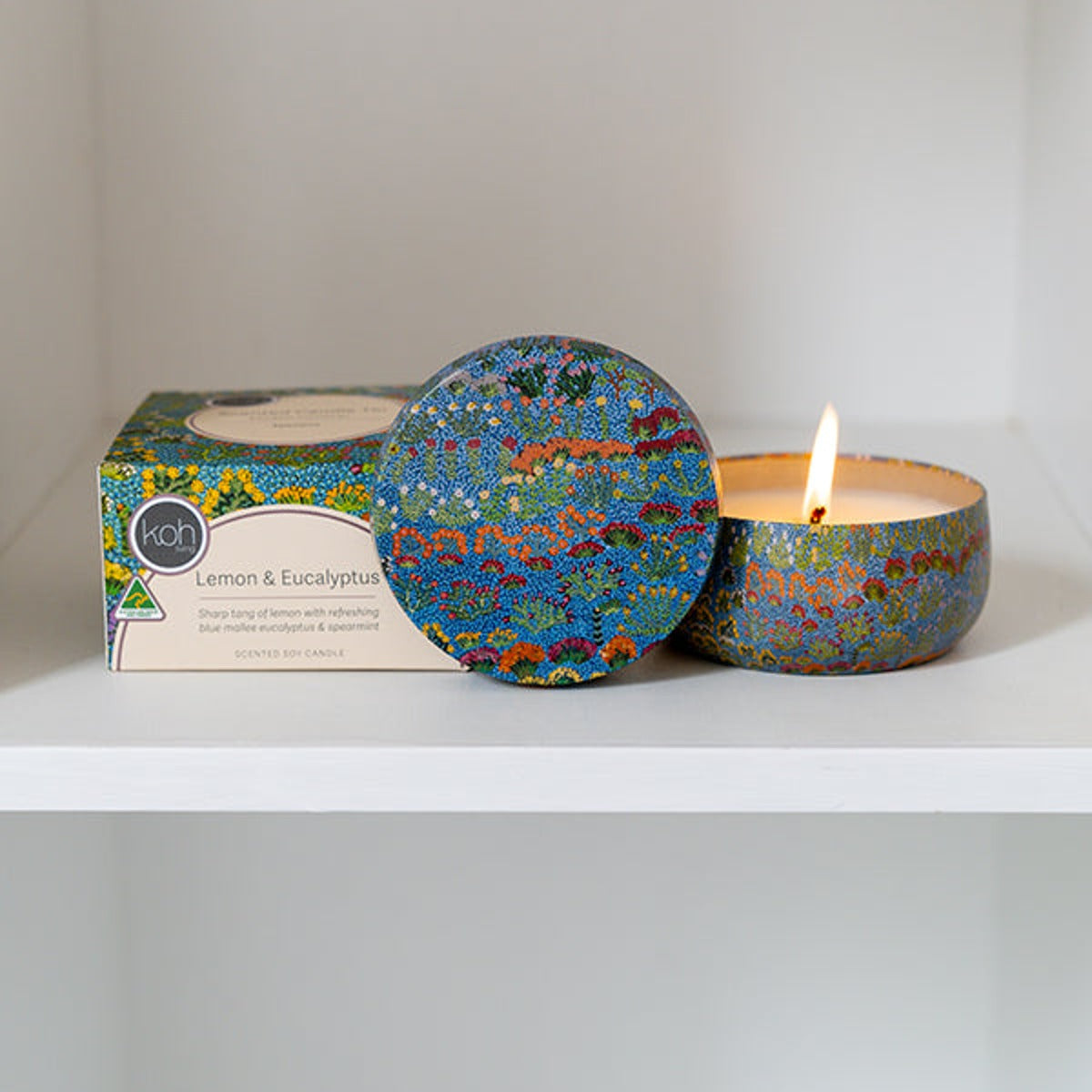
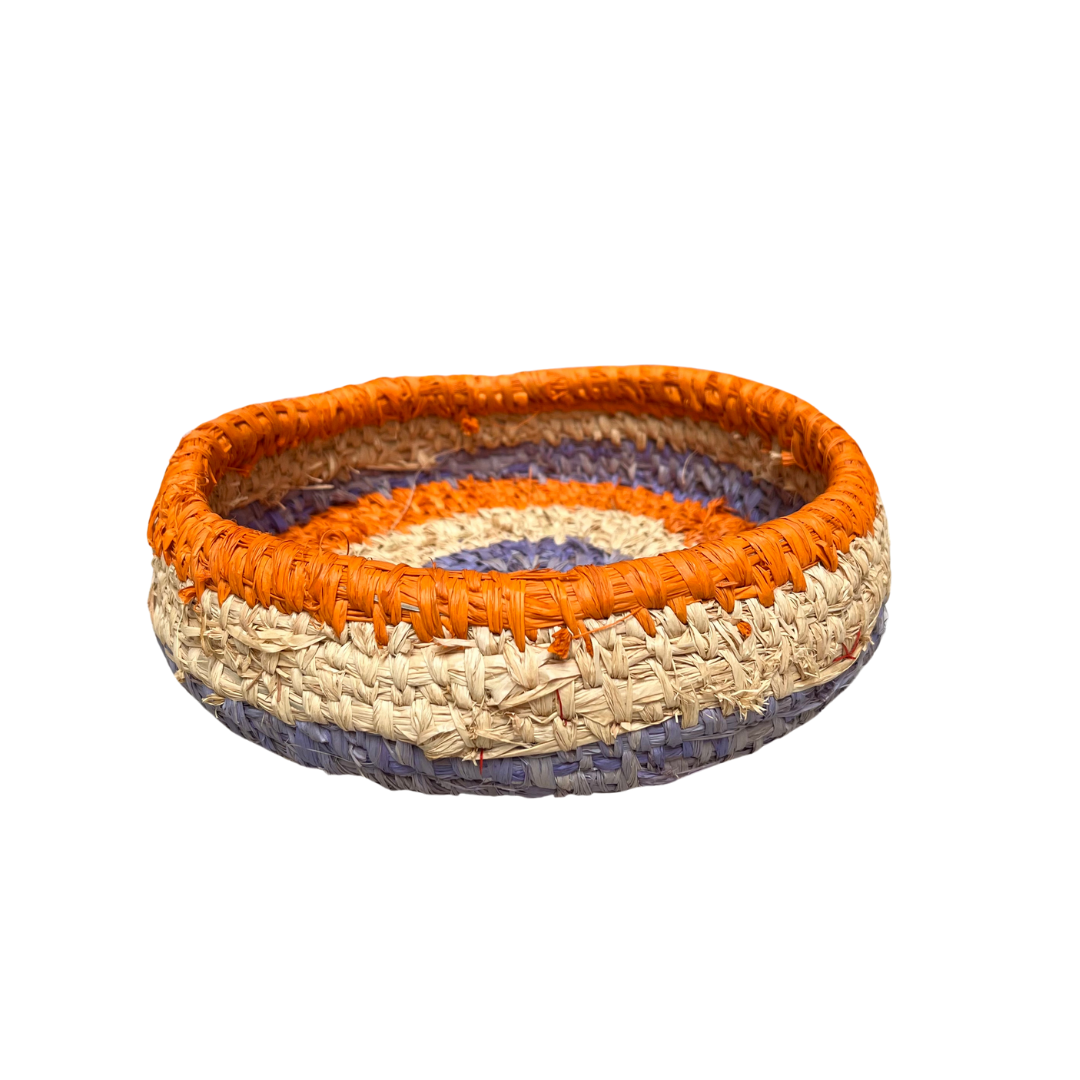
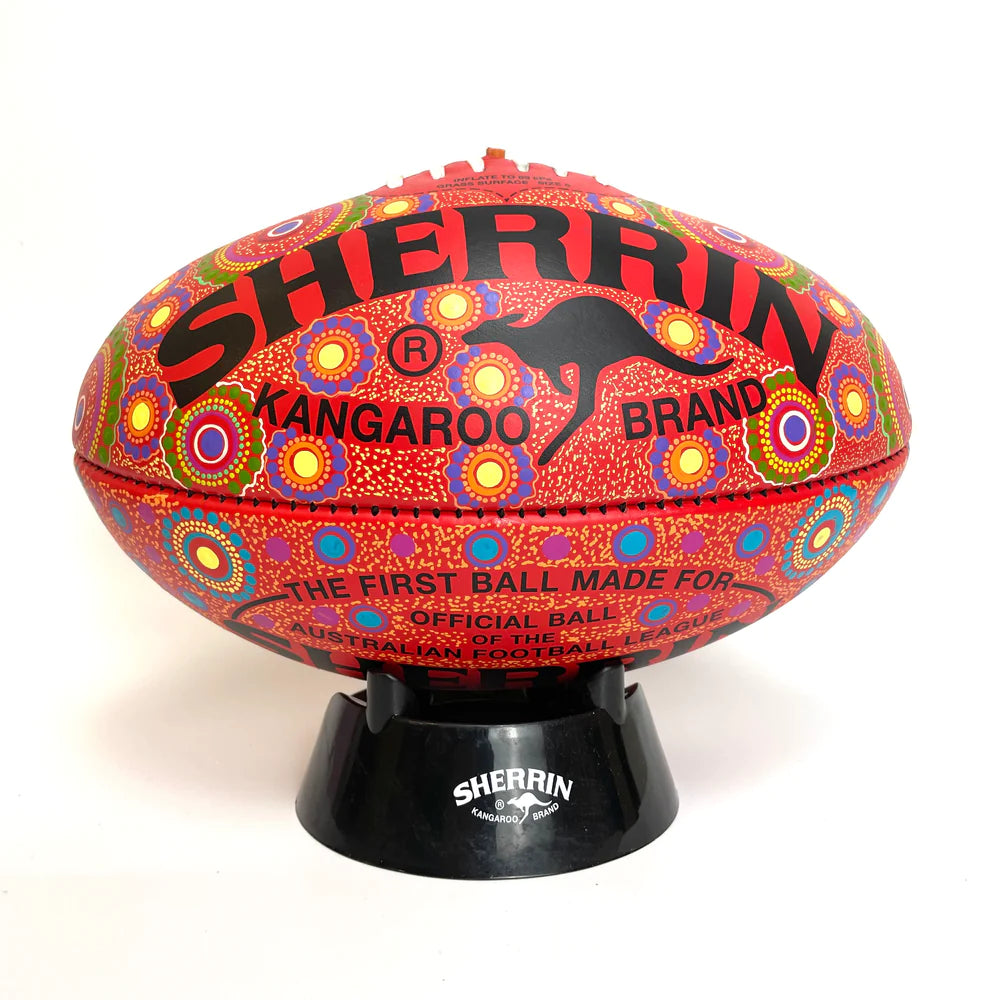
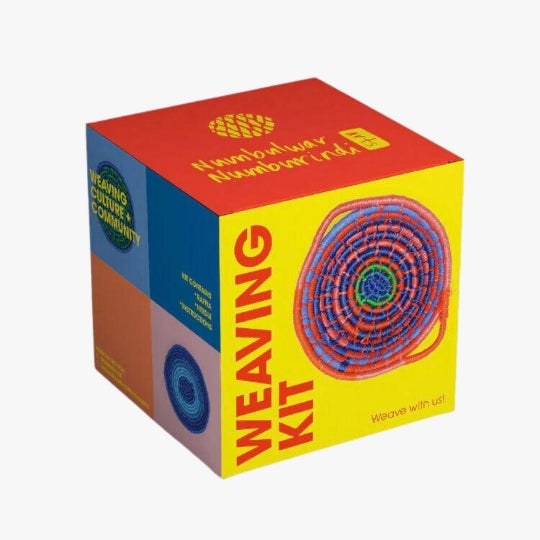

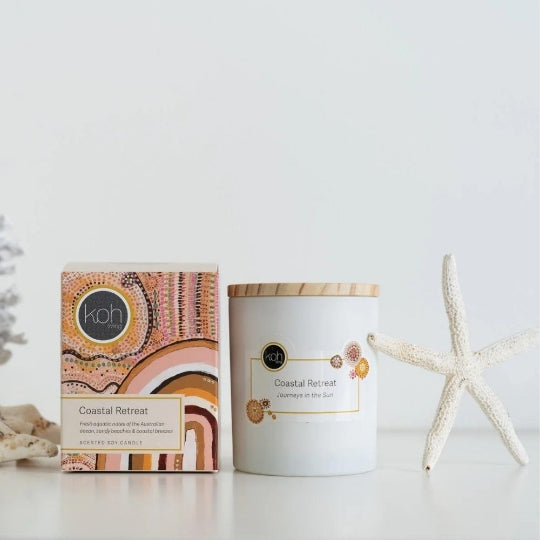

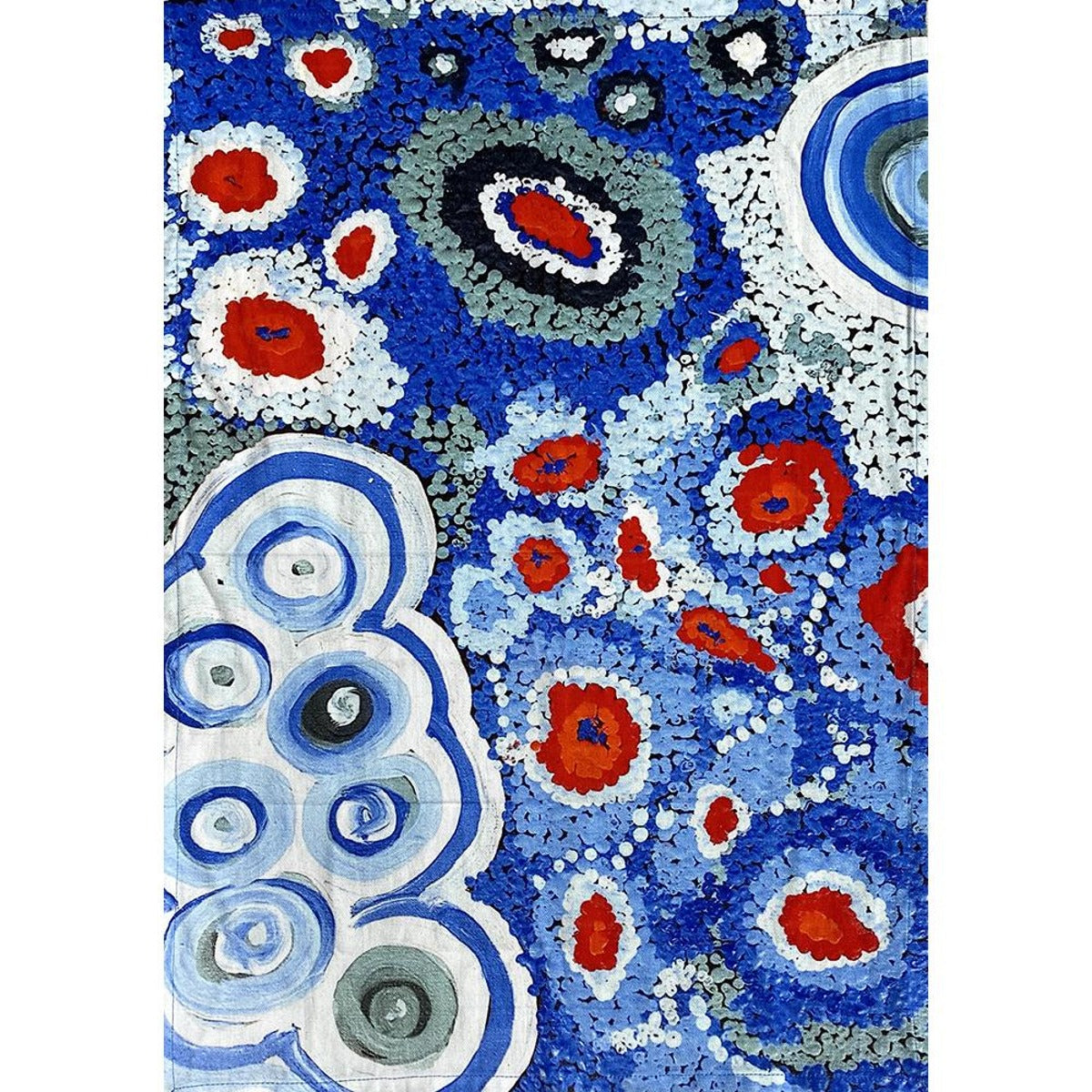
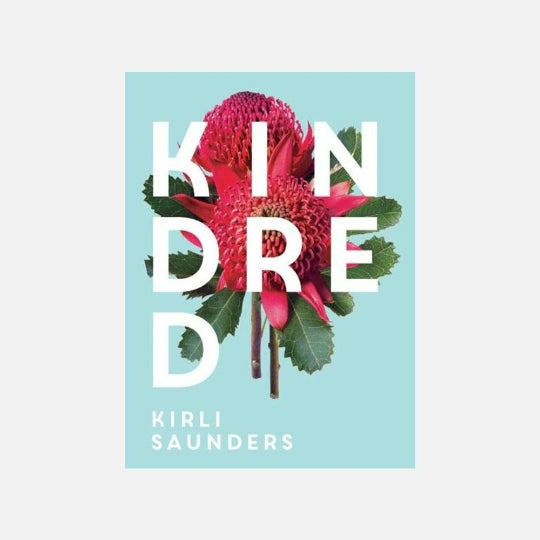
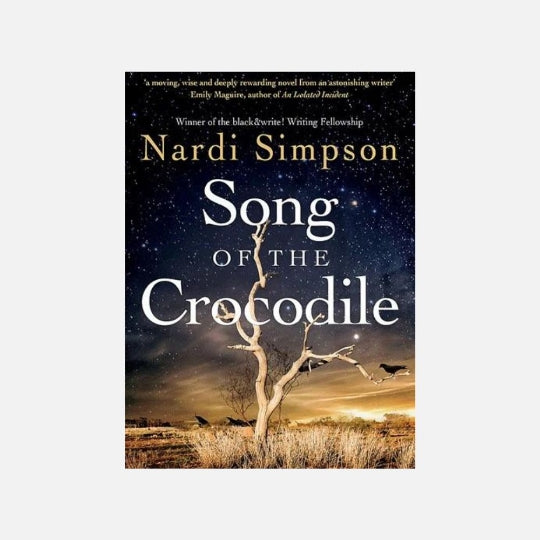

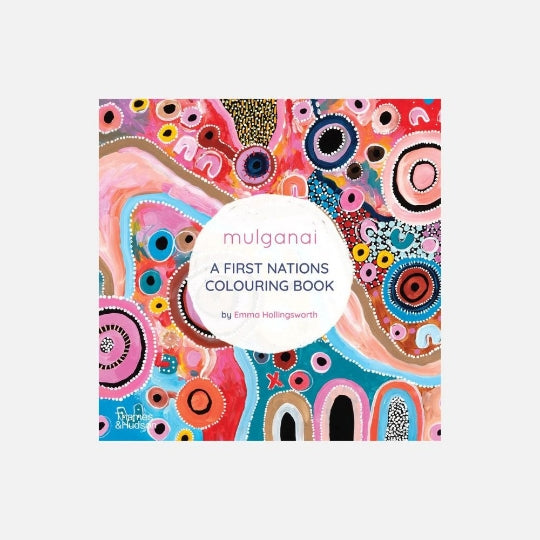
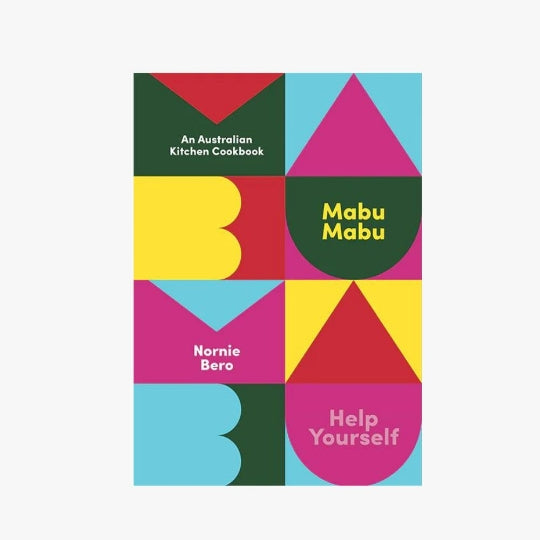
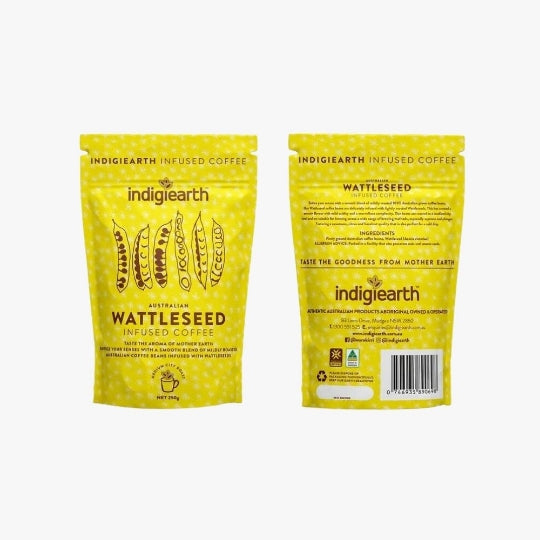


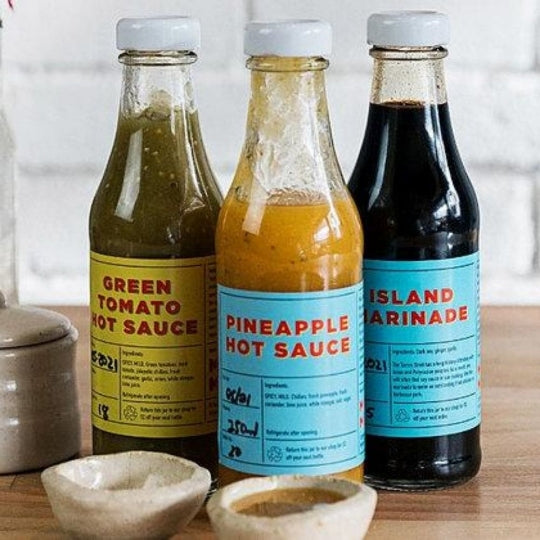


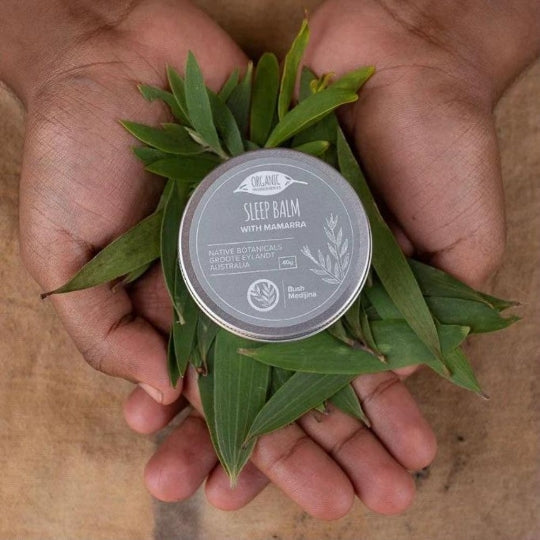



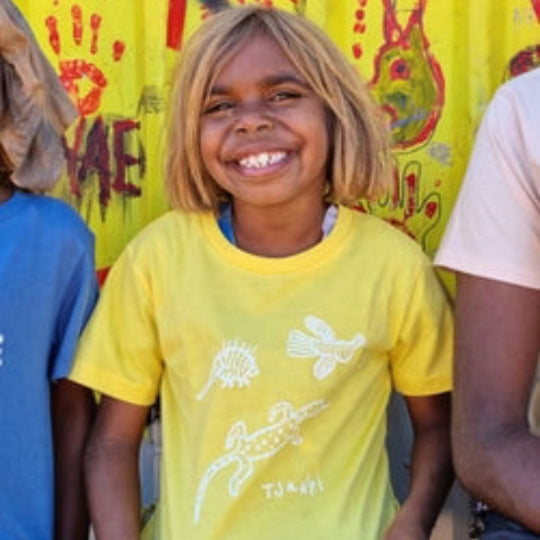
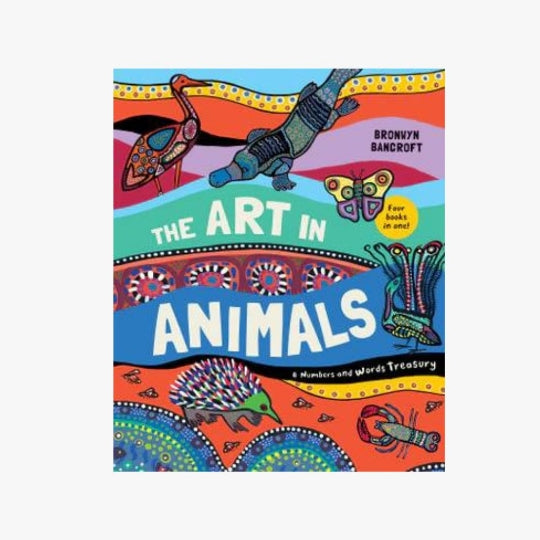

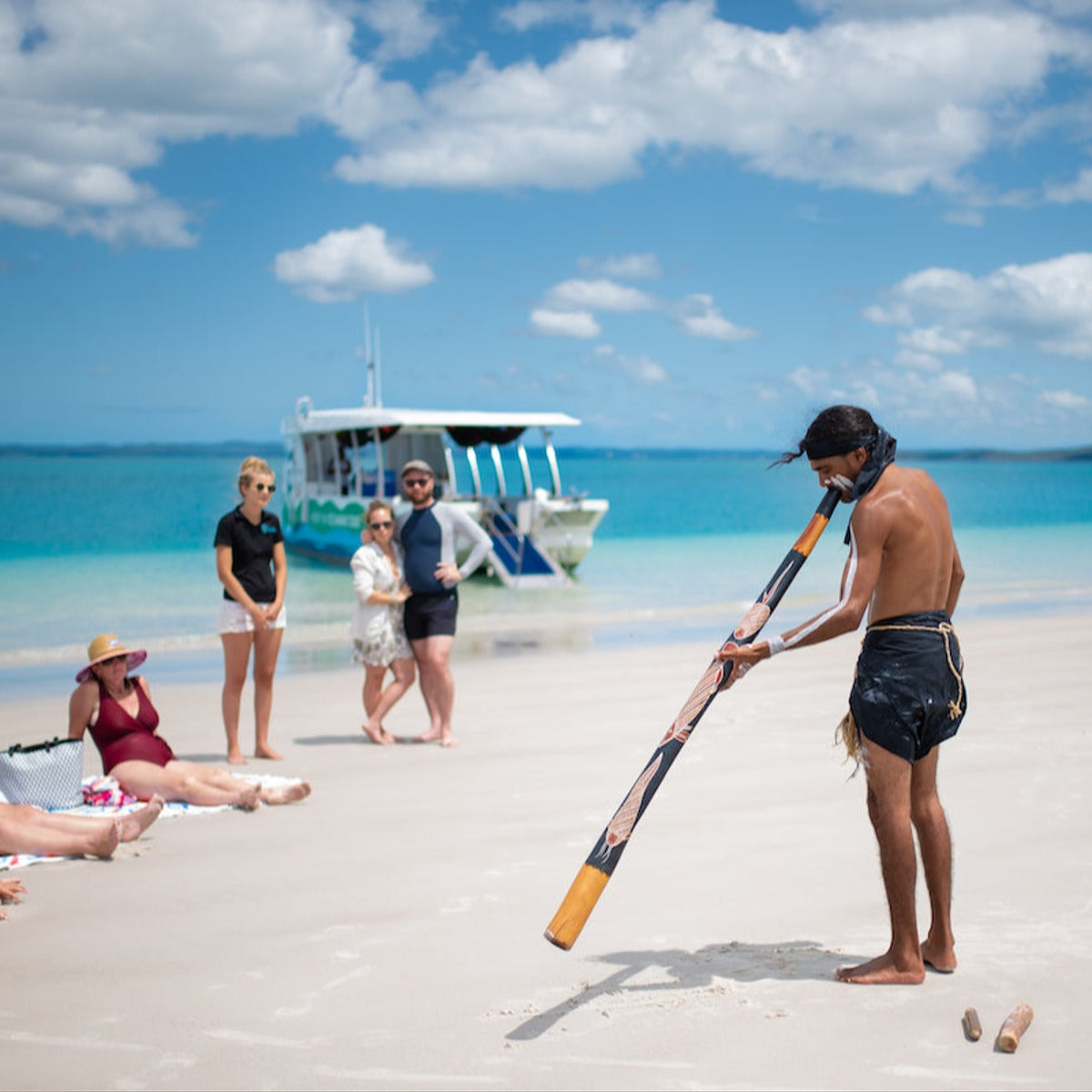
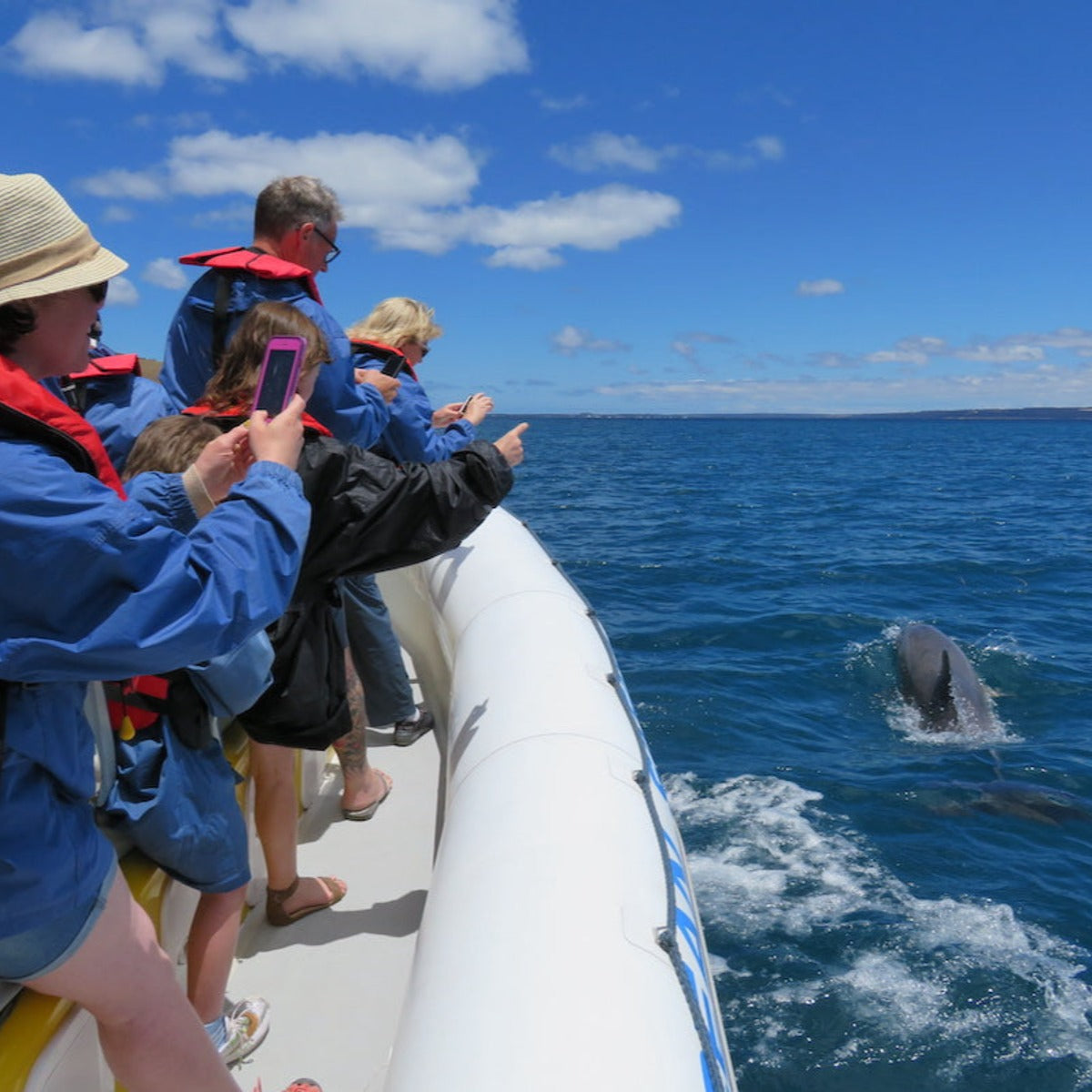
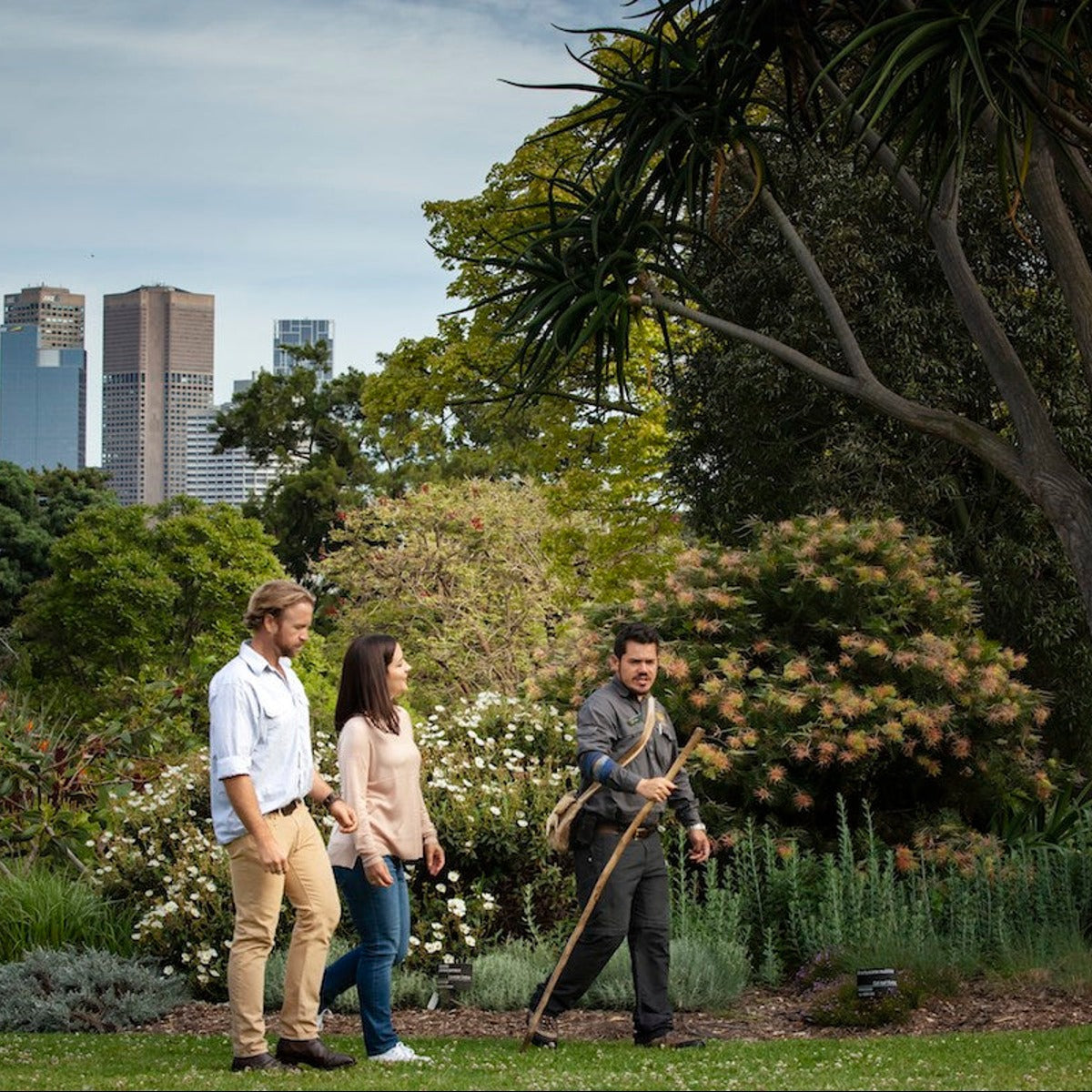
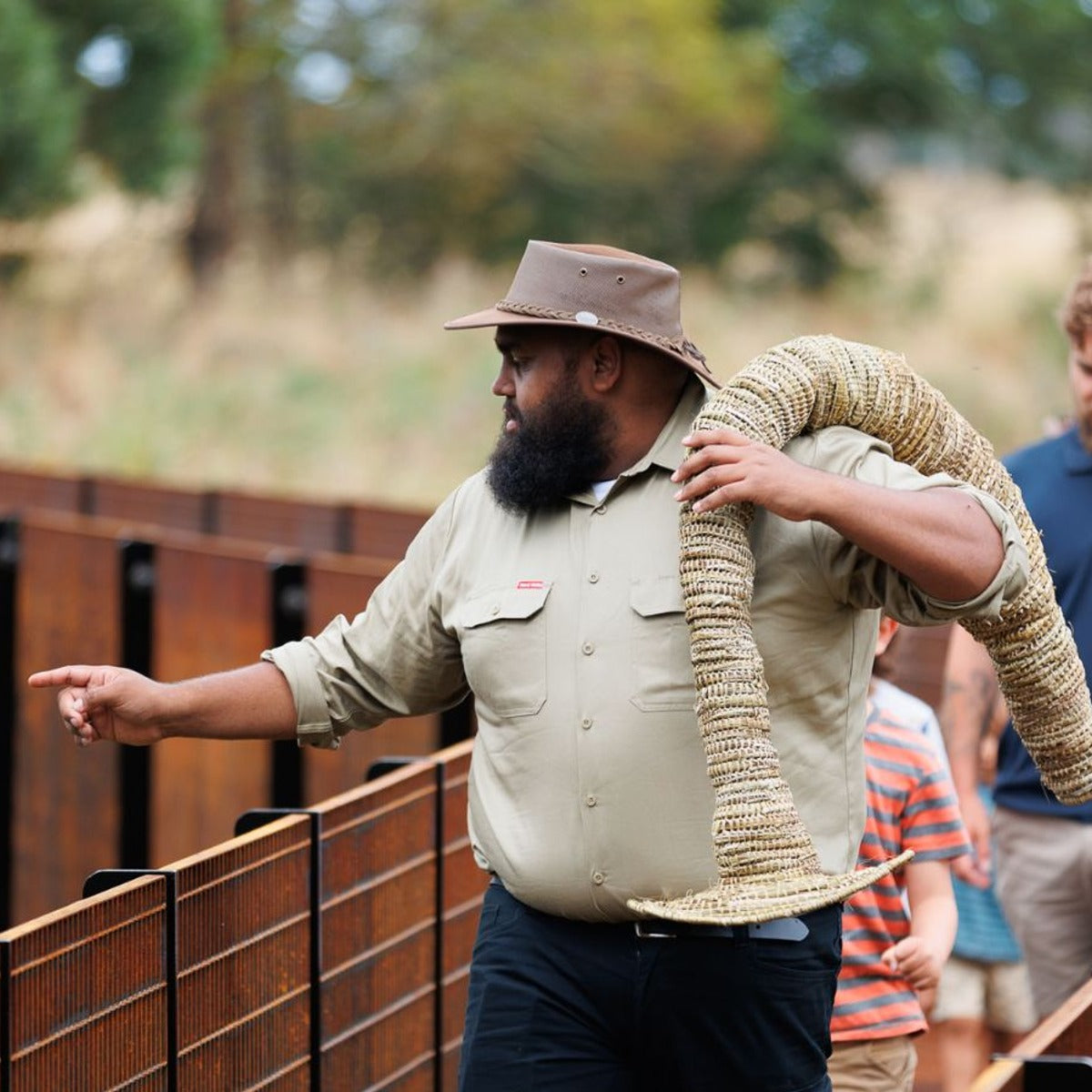
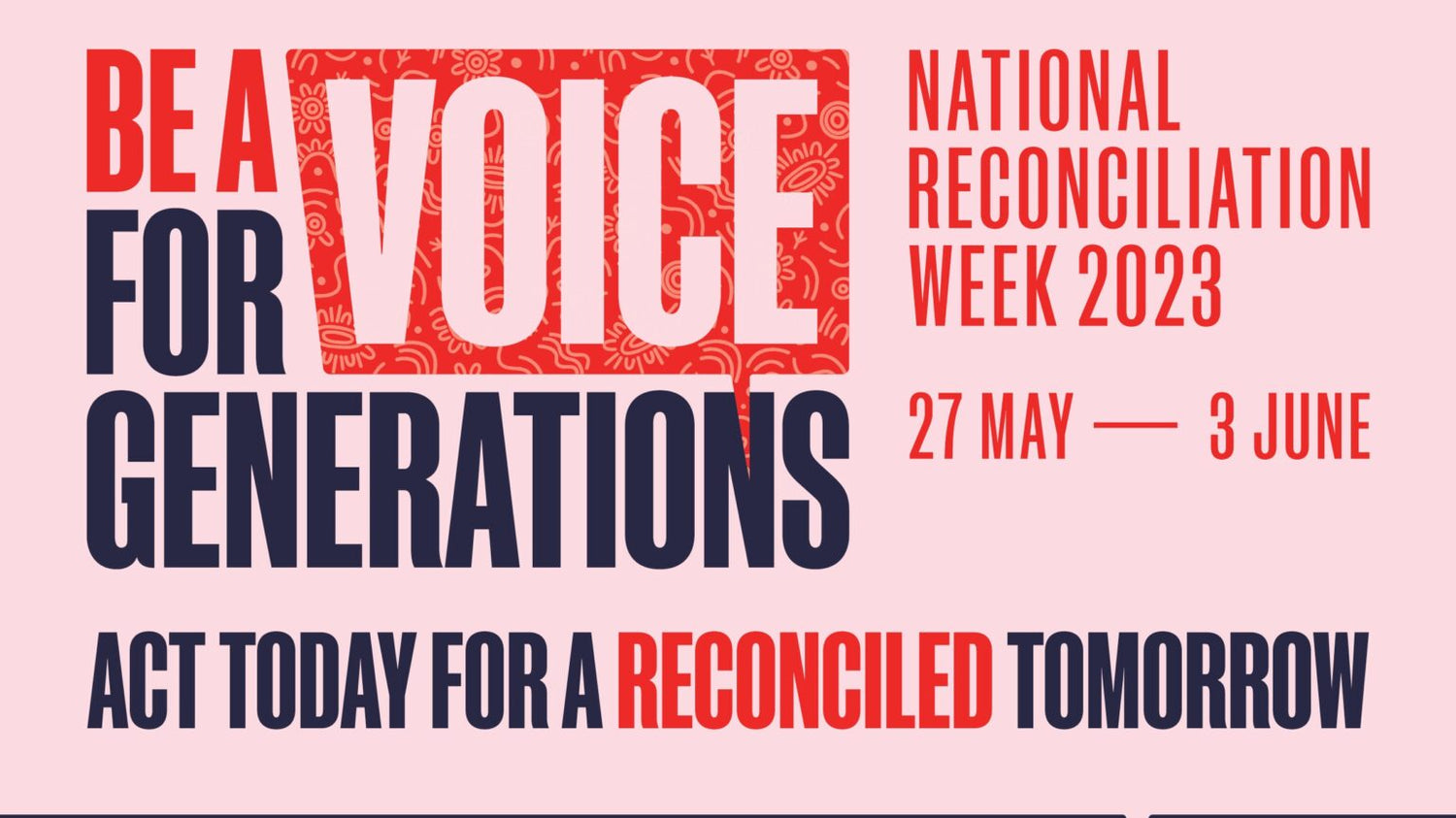
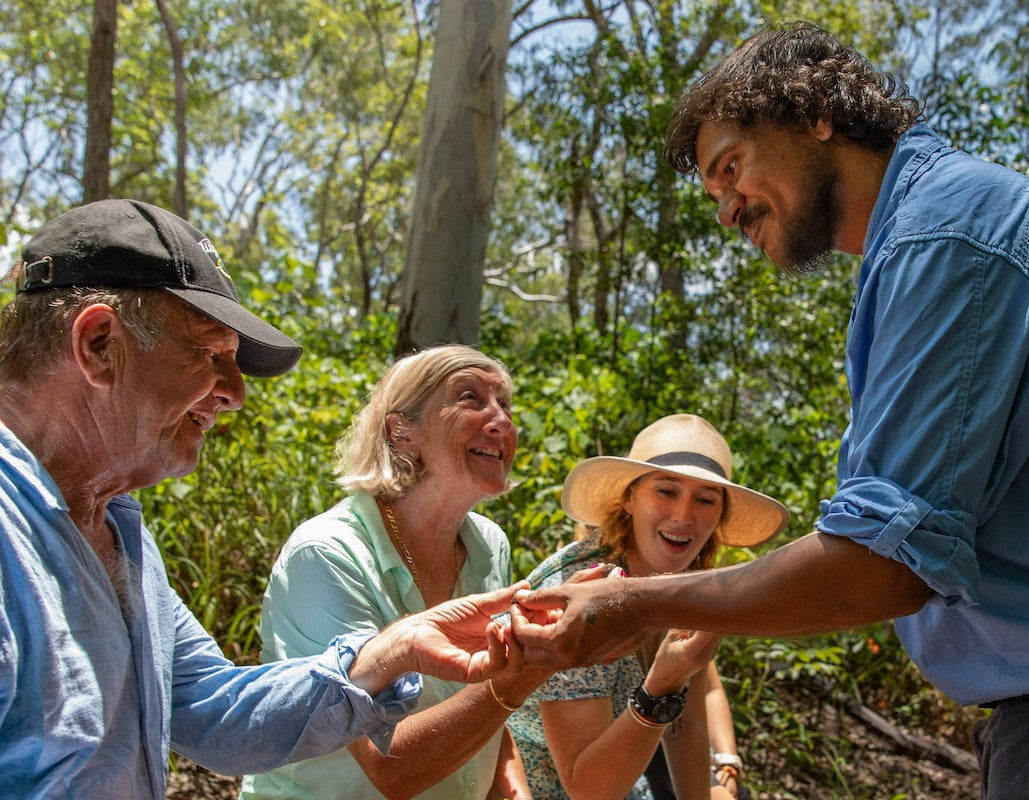
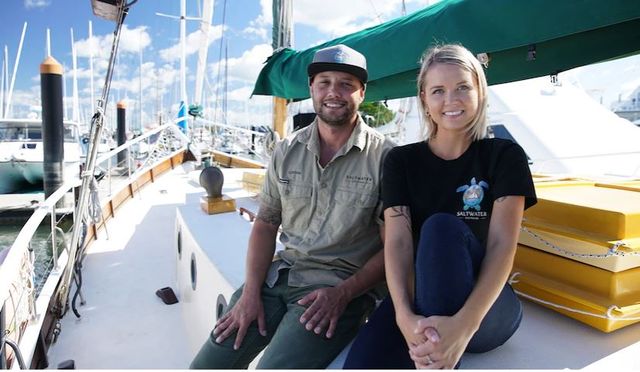

Leave a comment
This site is protected by reCAPTCHA and the Google Privacy Policy and Terms of Service apply.